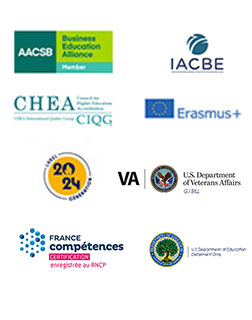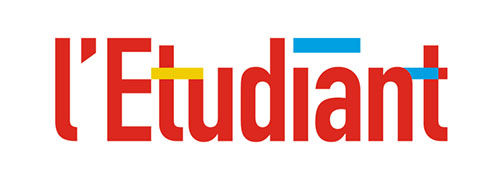
EDUCATION, ECONOMY AND POLITICAL CONTEXT IN AFRICA
Africa is a land of contrasts. The continent covers an area of 30,415,873 km² (including islands), making it the third largest in the world. It is also the second most populated continent, after Asia, with more than 1.2 billion inhabitants. While Africa has many resources, some of its countries have experienced (or are experiencing) great difficulties against a backdrop of ongoing conflicts. Here’s what you need to know about education, economy, and the political context in Africa.

ROGRESS IN EDUCATION IN AFRICA
There are still wide disparities in education in Africa. The MENA (Middle East and North Africa) zone has made great progress in this area over the last three decades. Indeed, the average level of schooling has increased fourfold between 1960 and today, while the illiteracy rate has halved. In higher education, the offer in training has been widely diversified, with high quality programs that are often recognized abroad. Many partnerships with European schools and universities have been established.
However, the situation of the African education system varies by region. For example, sub-Saharan Africa has one of the highest rates of exclusion from education in the world. Approximately 60% of young people aged 15 to 17 are out of school, and this particularly affects young girls, for whom education has become a major challenge for African countries today. Several measures are however being taken to address this gap.
While the average length of schooling on the continent was around two years in 1950, it is now more than five years. Similarly, the number of students has risen from 200,000 some 40 years ago to about 10 million today. Education is making great strides, but there are still many obstacles to overcome, especially in terms of qualified personnel, quality infrastructure, and university governance.
OVERVIEW OF THE AFRICAN ECONOMY
There are glaring differences between countries. The World Bank recently published its ranking of the world’s richest countries according to their Gross Domestic Product (GDP) at constant prices. The biggest economic power on the continent is Nigeria (with a GDP that is growing by 12.5%), whose main resources are oil, gas, cocoa and rubber. Then comes South Africa (with a GDP of 351.43 billion dollars), Egypt (with 303.17 billion dollars), Algeria (169.98 billion dollars) and Morocco (118.72 billion dollars).
Yet Africa has great assets: it is the youngest continent on the planet, with resources coveted by the entire world, whether in terms of energy (cobalt, oil, etc.) or young talents. On this last point, the continent is seeing a clear increase in the number of start-ups and is launching numerous innovations that promise a better future.
THE POLITICAL SITUATION IN AFRICAN COUNTRIES
For several years now, Africa has been looking for a new formula to help alleviate the violent political crises that some countries on the continent are going through. However, the single-party system in some African countries is seriously compromising this quest for prosperity, as power is often monopolized by a family, a clan, an army, or a system. Voters’ voices are not heard everywhere, nor is the choice of candidates, which is sometimes made among a limited number of privileged individuals.
However, it should be noted that some states are trying to implement democratic experiments in order to harmoniously reconcile social and economic development, as in South Africa, Ghana, Kenya, Senegal, and Tunisia.
Would you like to discover this continent filled with opportunities? Take advantage of the American Business School of Paris’ training courses and spend a semester in one of our partner universities in Africa!








